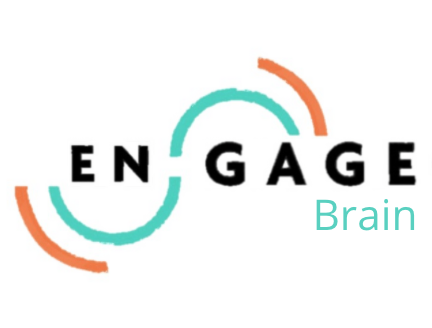Helping to re-engage childhood brain cancer survivors into essential, life-long, follow-up care.
Long term follow-up care for survivors of childhood brain cancer is critical. However many survivors find it difficult to receive adequate follow-up care. Our team have developed a new program called ‘Re-engage’, which can be delivered online or over the phone. Re-engage aims to engage childhood brain cancer survivors into essential lifelong survivorship care, with a goal of supporting brain cancer survivors to manage their health needs.
To support survivors following their treatment, the Behavioural Sciences Unit are offering survivors the opportunity to trial our program called ‘Re-engage’. Survivors who participate will be able to receive survivorship care online or via telephone, without having to wait for a face-to-face clinic appointment.
The feedback we receive will help us to improve the delivery of long term follow-up care for survivors of childhood brain cancer.
To support survivors following their treatment, the Behavioural Sciences Unit are offering survivors the opportunity to trial our program called ‘Re-engage’. Survivors who participate will be able to receive survivorship care online or via telephone, without having to wait for a face-to-face clinic appointment.
The feedback we receive will help us to improve the delivery of long term follow-up care for survivors of childhood brain cancer.
What does this study aim to achieve?The study aims to improve childhood brain cancer survivors’:
|
Would you like to be involved?This study is currently recruiting people who meet the following criteria:
|
What does participation involve?
|
To participate in this study, please:
For more information, please contact the study co-ordinator:
Dr Jordana McLoone
E: [email protected]
This study is funded by Australia Brain Cancer Mission (Medical Research Future Fund) and supported by the Australian and New Zealand Children's Haematology/Oncology Group.
Dr Jordana McLoone
E: [email protected]
This study is funded by Australia Brain Cancer Mission (Medical Research Future Fund) and supported by the Australian and New Zealand Children's Haematology/Oncology Group.


